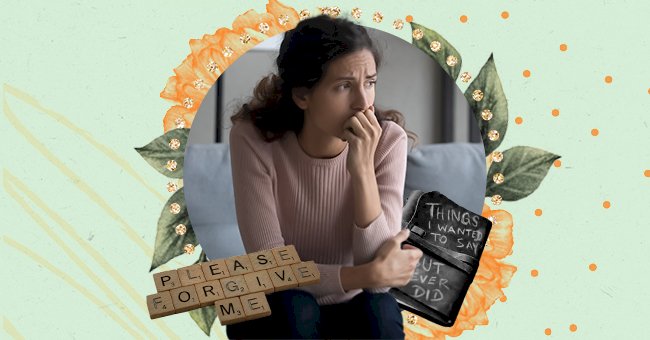
A Guide On How To Forgive Yourself And Start Moving Forward
Forgiveness frees you. We often focus on forgiving others, but when we don't show up for others (or even ourselves), we may be hard on ourselves.
Most of us have been in the position where we've fallen short of the expectations that someone else had or that we had for ourselves. For instance, you forgot to call a friend on their birthday, or you couldn't make it to a birthday or funeral of a loved one.
Sometimes it's a case of not showing up for yourself and feeling regret over not prioritizing your peace or compromising your ideals. Here are some useful tips to help you release the shame and guilt so that you can forgive yourself.
Approach Yourself With Kindness
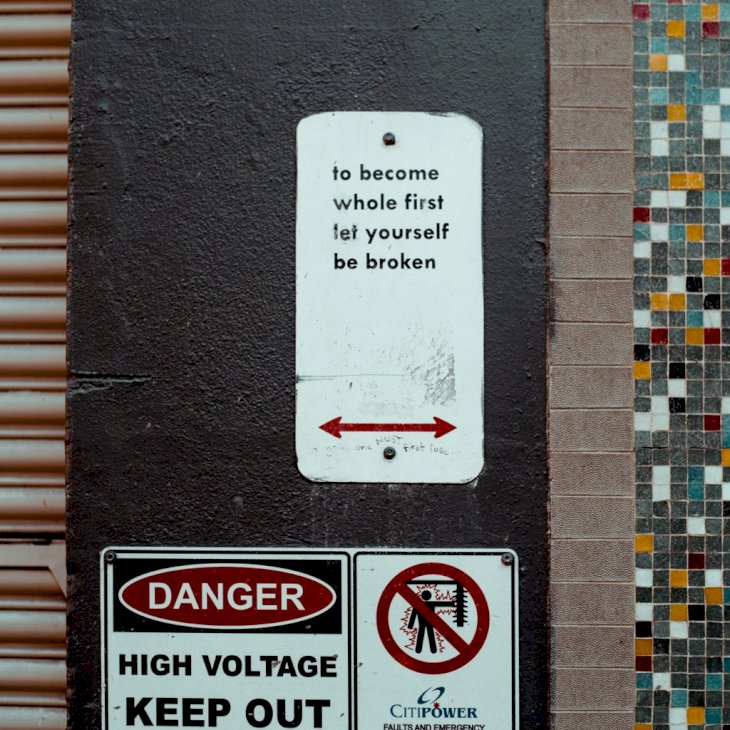
Photo by Annie Spratt on Unsplash
While we may be able to point things out to others in a kind and gentle way, we may not have the same energy for ourselves.
However, it's important to approach yourself with kindness as you would someone else that you care for. Be just as patient and loving instead of punishing yourself.
Embrace Your Feelings
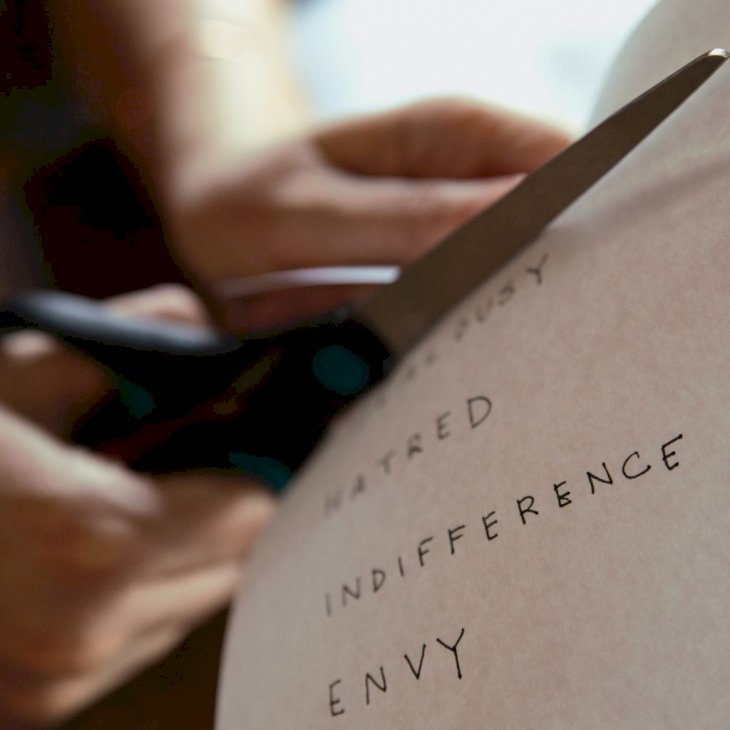
Photo by Pro Church Media on Unsplash
You may be feeling some form of shame or guilt; it's important to embrace what you're feeling and understanding that these are all normal.
Jenny Scott, a licensed clinical social worker, says that guilt can help indicate something that has happened that conflicts with our values, and as such, it can help repair damage from our miss-step.
Journal

Photo by fotografierende on Unsplash
Writing out your feelings can help you start to comprehend some of the complexities of what you're going through. When we journal, we put ourselves in the position to examine our thoughts.
Acknowledged the wrongdoing and its effects on yourself and others. Your journal also gives you the space, to be honest without judgment or retribution. Give yourself the platform to forgive yourself by also saying sorry to you.
Own Up
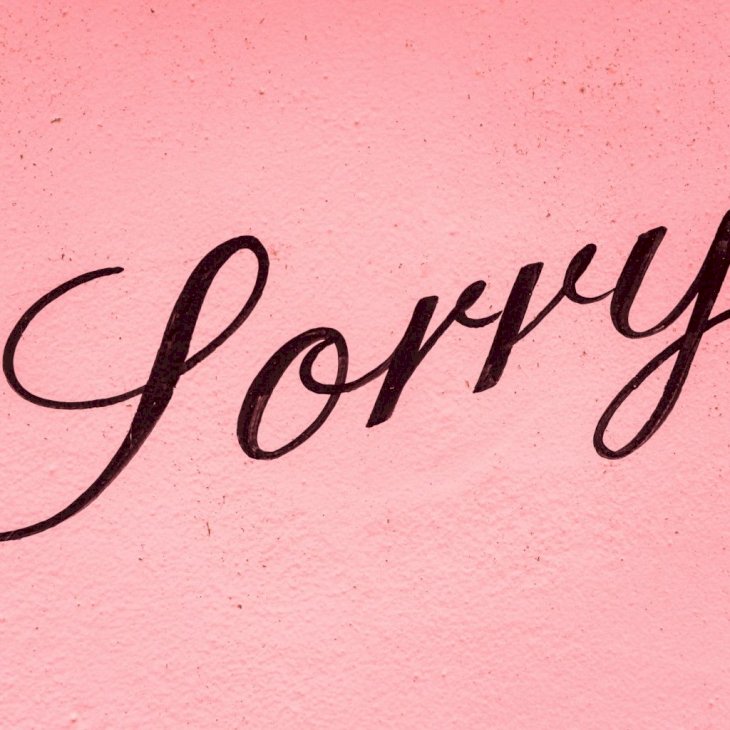
Photo by Nick Fewings on Unsplash
You may have been able to do this in your journal and yourself, but sometimes you need to take accountability to those who have been affected.
“You can't control when or if someone else forgives you. But if you've done what you can to make amends then you can move on.” Give that person space if they ask for it.
says Scott.
Acknowledge The Process
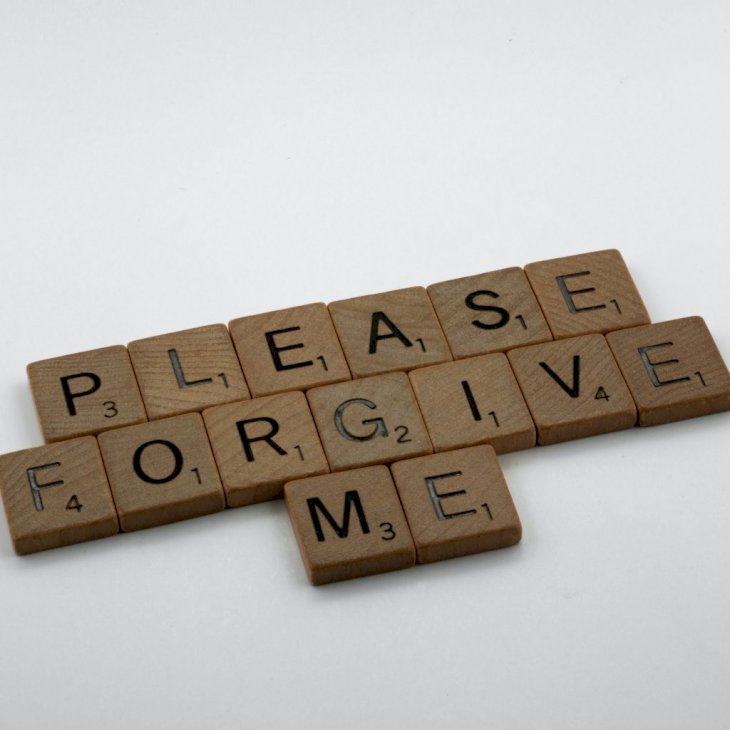
Photo by Brett Jordan on Unsplash
Like many practices that we take in the process of healing, forgiveness is a process and it can also feel non-linear. That means that while some days, w may feel free of our actions, other days, we may feel profoundly affected by them once again.